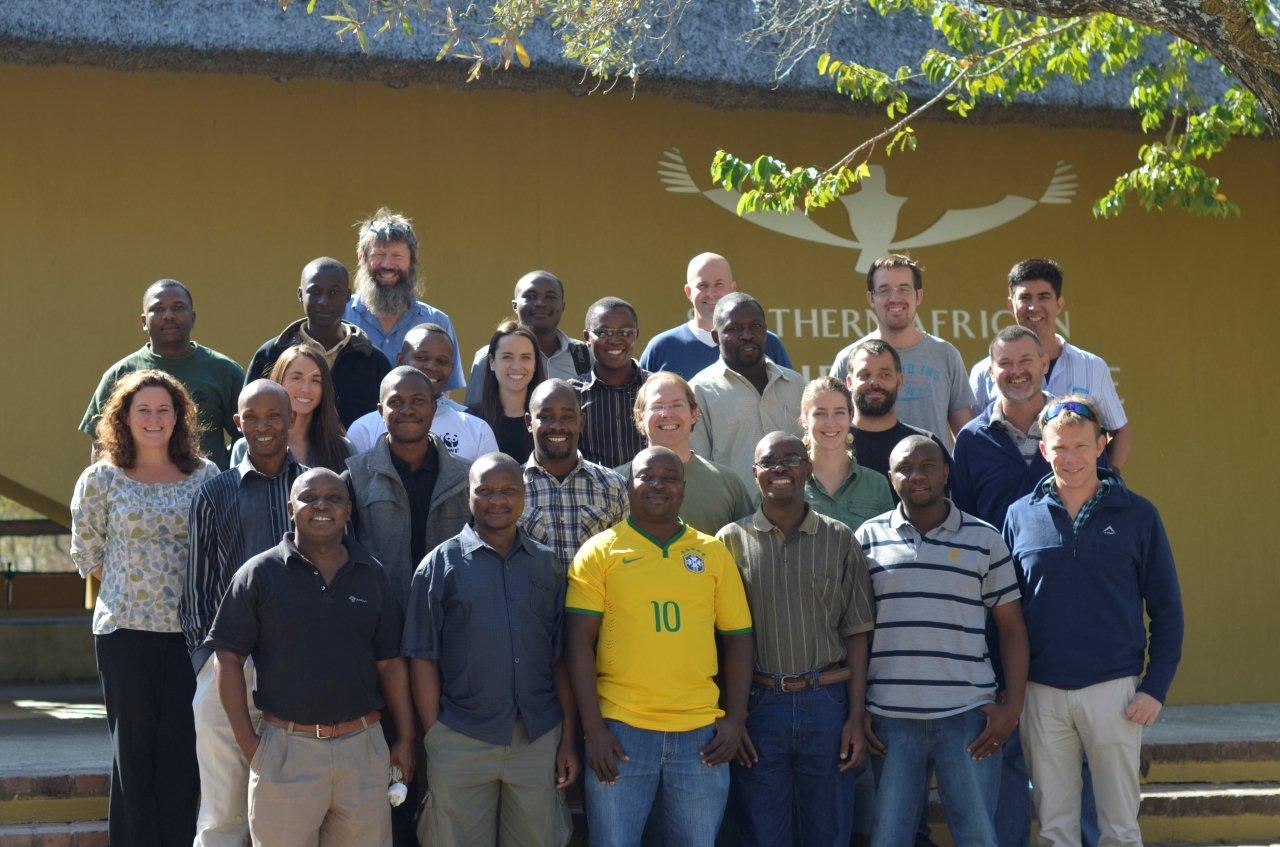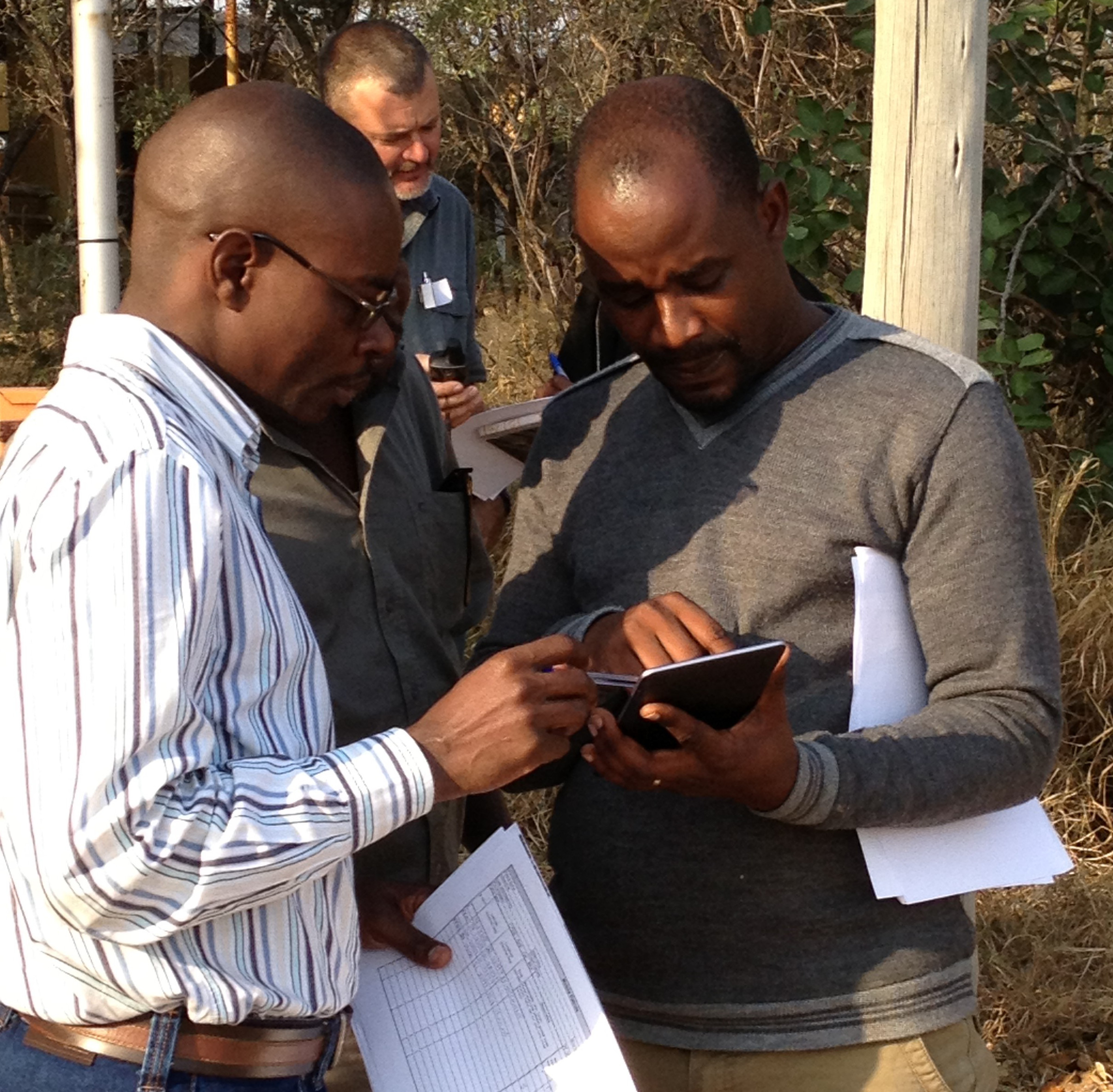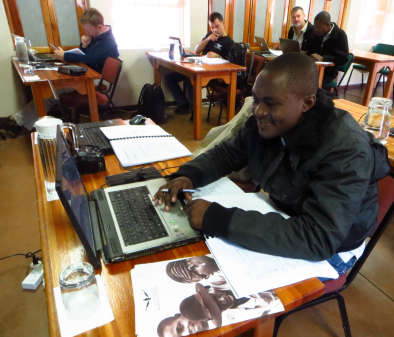The Spatial Monitoring and Reporting Tool (SMART) Approach has been developed in response to the recognition that traditional tools, technologies and resources are not stemming the illegal killing and trading of endangered species and the resulting loss of threatened and highly valued biodiversity. The approach is a combination of software, training materials and implementation standards providing protected area authorities and community groups with the ability to empower staff, boost motivation, increase efficiency, and promote credible and transparent monitoring of the effectiveness of anti-poaching and other efforts to address illegal activities. At its core, SMART helps rangers document where patrols go, what they see, and how they respond. Whether collected by direct observation or GPS, data is fed into a central system back at park headquarters. There it is converted into visual information in near real-time to help managers understand where the greatest threats are and how best to deploy patrols.
SMART PartnershipThe SMART Partnership, currently comprised of CITES-Monitoring Illegal Killing of Elephants (MIKE), Frankfurt Zoological Society, North Carolina Zoological Park, Panthera, Wildlife Conservation Society, World Wildlife Fund and Zoological Society of London, launched the tool in March 2013, and it is now being implemented at 128 sites across 27 countries worldwide. |
The SMART Partnership is committed to developing a global network of trainers using standard, open source training materials to ensure the roll out of the SMART Approach is cost effective, locally adapted and global in nature. To that end and in order to enhance the capacity to implement this adaptive management approach and expand the user base, the SMART Partnership hosted a regional training in South Africa to help improve monitoring of illegal activities across Africa. The training, which was funded by CITES-MIKE and USAID’s Africa Bureau through ABCG, was conducted at the Southern African Wildlife College (SAWC) between the 16th and 20th June 2014. A total of 28 participants from 16 African countries, representing 19 organizations joined the workshop. Attendees fell into two different core audience groups:
- SMART implementers who work in important wildlife conservation areas within Africa, have committed to using SMART and who will take back the skills gained during the training to begin implementing SMART in their respective sites; and
- A new user group consisting of representatives from wildlife colleges and training institutes in Africa interested in incorporating a Law Enforcement Monitoring module using SMART within their training curriculum.

The course covered a range of topics, including: the philosophy of adaptive patrol management and the role SMART plays in facilitating this; how to use the SMART software and adapt it to the needs of the site, with introduction to brand new SMART plug-ins; and the process of implementing SMART at a site. Additionally the wildlife college participants evaluated the training curricula for SMART implementation, and how to adapt the training for their needs.

Photo: Alexa Montefiore, SMART Partnership.
Overall, the workshop was a success and helped extend the SMART capacity-building approach, expand the active community of users and conservation practitioners who can share experiences and have a say in improving and sustaining SMART over the long-term, as well as strengthen the ability of conservation programs to combat illegal activities, such as poaching and logging, by developing capacity in staff responsible for oversight of law enforcement efforts.

Photo: Ruth Starkey, Wildlife Conservation Society
If you have questions about SMART, please check out our website at Spatial Monitoring and Reporting Tool or email amontefiore@smartconservationtools.org. Also, join the growing SMART community, ask questions, post lessons learned, and share experiences by signing up for the SMART community forum!


Add a Comment